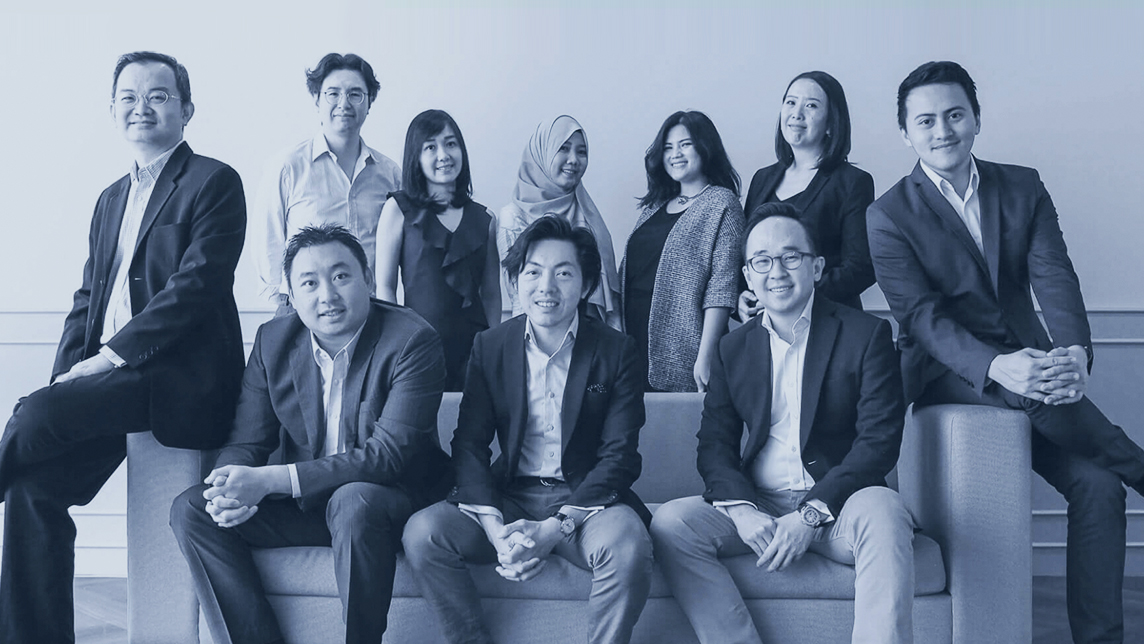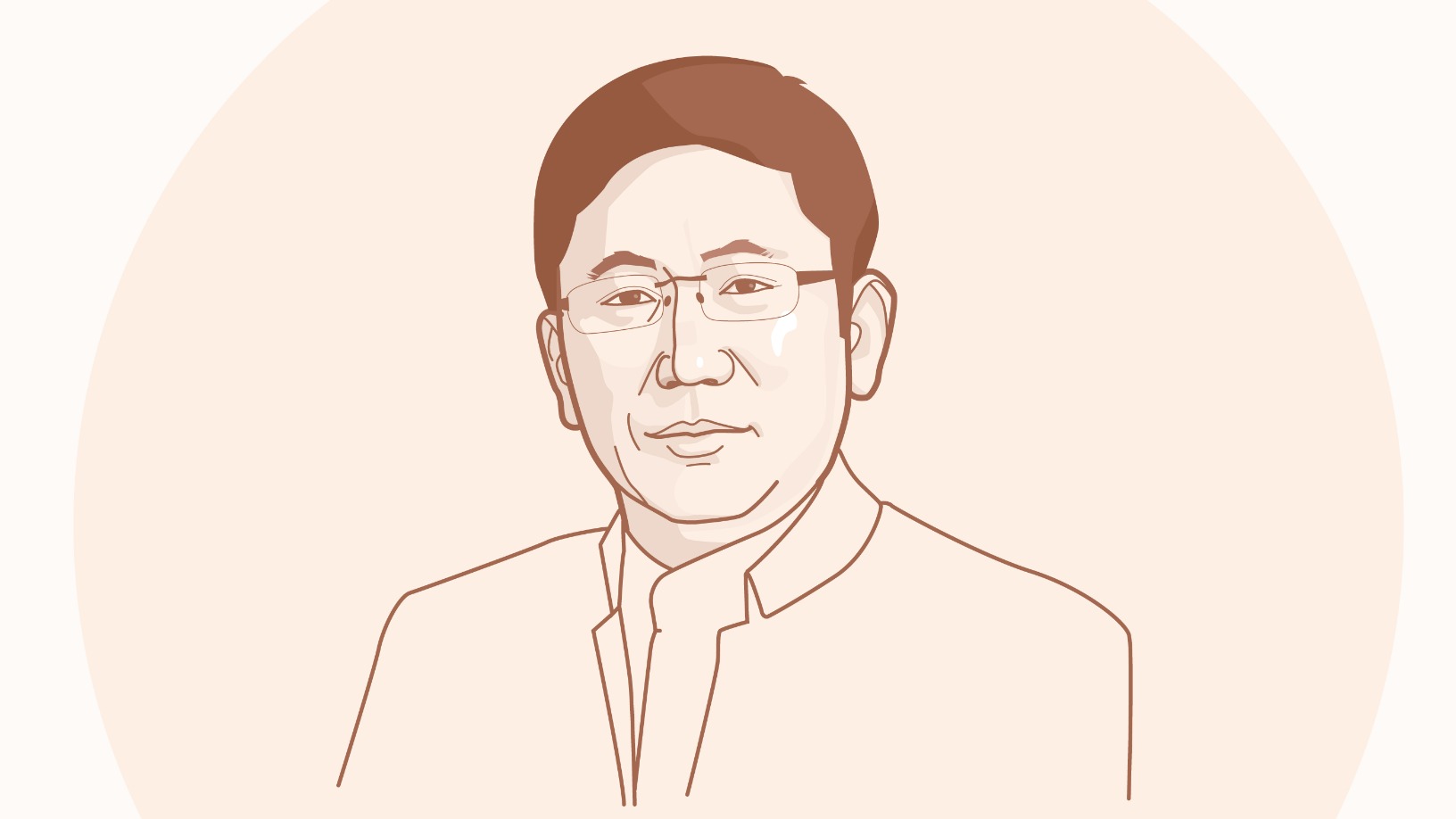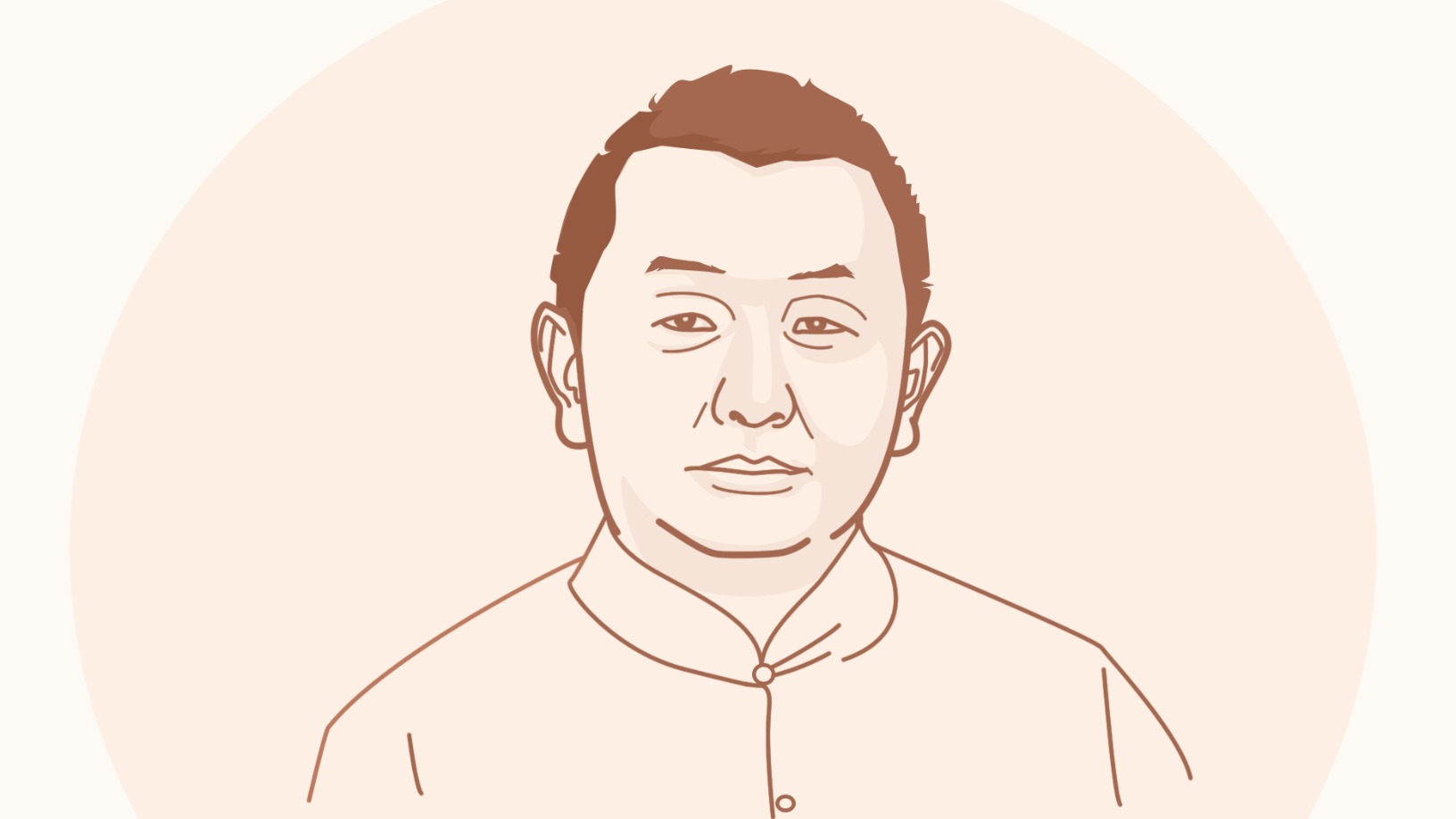At the heart of any investment activity is the pursuit of profit. This much is true for Alpha JWC Ventures co-founders and managing partners Jefrey Joe, Will Ongkowidjaja and Chandra Tjan, who chose the name of their firm with achieving superior financial returns in mind.
In investing parlance, “alpha” is a measure of the excess returns of an investment relative to an index or benchmark. But the venture capitalists want more, choosing to invest mainly in Indonesian early and mid-stage startups.
"We also wanted to create value for everyone as well," said the Australian- and US-educated Joe, who heads operations at Alpha JWC.
It was while studying for his MBA at UCLA Anderson School of Management that Joe realized the extent to which technology impacted the way he went about his daily business. “For example, whenever I wanted to order something from Amazon, I could just do it lying down in bed,” he said.
Tech companies like Amazon, Facebook, Uber and Airbnb have significantly changed the way most people live. That sort of impact is what Joe wants to bring to Indonesia. “We decided to set up Alpha because my partners and I wanted to create the biggest impact in Indonesia,” the former BCG consultant said.
Alpha JWC is raising US$100 million in a second round of funding this year. Since its establishment in 2015, Alpha JWC has raised US$50 million and invested in 25 early and mid-stage startups, including fintechs like P2P lending firms Modalku and Uangteman, data analytics firm Dattabot, and consumer research company Neurosensum.
“For Alpha JWC Ventures, there fortunately haven’t been any failing startups that we have invested in,” said Joe.
Mentoring for impact
How does Alpha JWC work to create that impact, then? A big part is investing in companies that actually solve problems.
Fintech startups, for example, address the problem of financial exclusion in Indonesia, where 66% of the population don't qualify for a bank account. Big data and analytics is something that more companies will eventually need to “[take] seriously to remain competitive,” Ongkowidjaja, who got to know Joe while studying at UCLA, has said.
Beyond investing in companies and founders they believe in, Joe, Ongkowidjaja and Tjan are also their mentors. Formerly the COO of Groupon Indonesia and co-founder of e-payment startup Sepulsa, Joe believes his background stands him in good stead “to mentor and help companies from a product and technology point of view.” He is a mentor of Founder Institute and Endeavor, and on the board of advisers of Angel Investment Network Indonesia, or ANGIN.
Combined with Ongkowidjaja’s experience as an investment banker and Tjan’s as a seasoned tech venture capitalist (he has invested in over 40 tech companies in Asia and the US, including Indonesian unicorns Tokopedia and Traveloka), Alpha JWC’s top echelon can draw on broad experience when mentoring and supporting portfolio companies. Such support has been lacking in the Indonesian startup ecosystem, Joe has said.
Alpha JWC's commitment to mentorship is also reflected in how the company chooses its partners. For example, it brought in former Ergon Zehnder project leader Erika Dianasari Go as a principal. Her expertise in talent hiring and retention is especially valuable for startups which have already secured good traction and are looking to scale up. Another notable member on Alpha’s roster is Terry Tse, Chief Risk Officer of Chinese P2P lending firm Dianrong.
What next for Alpha? Joe has hinted the company could look into insurance tech (insurtech), but also stressed that investment decisions come down to the people behind a company.
“Even though we want to invest in insurtech, we won’t invest if we can’t find the right founders,” he said.
Alpha JWC is also focusing on agricultural technology this year. In April 2018, it invested in TaniGroup, which runs direct-to-farmer e-commerce and P2P lending businesses for farmers, through a pre-Series A round. On the whole, Alpha JWC will invest in 12 companies this year, with fintech being another important sector.












